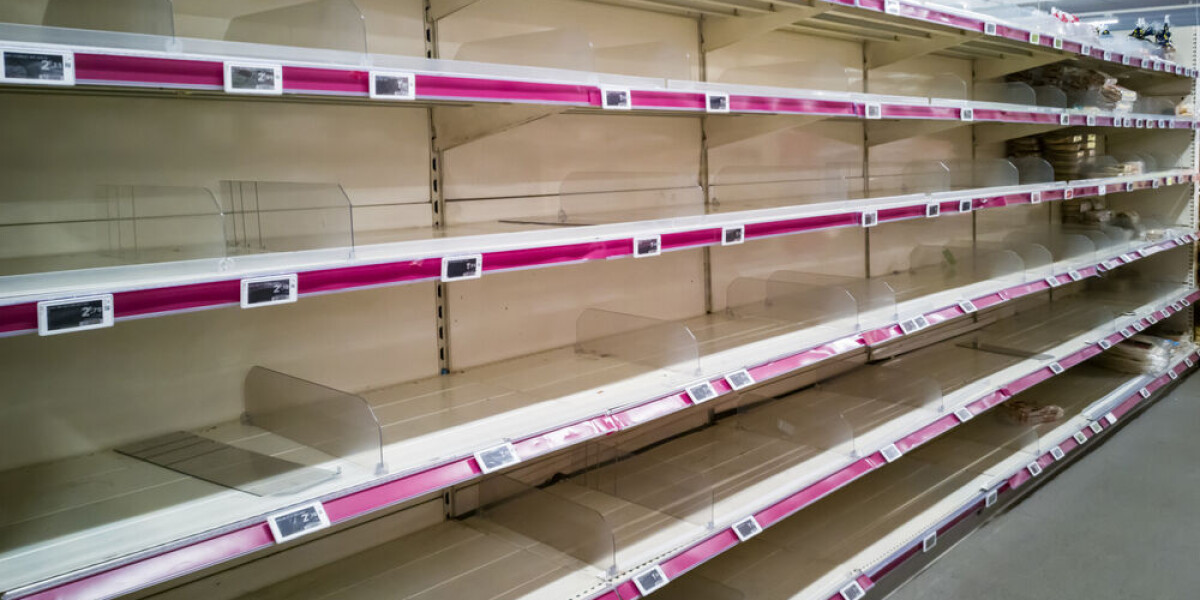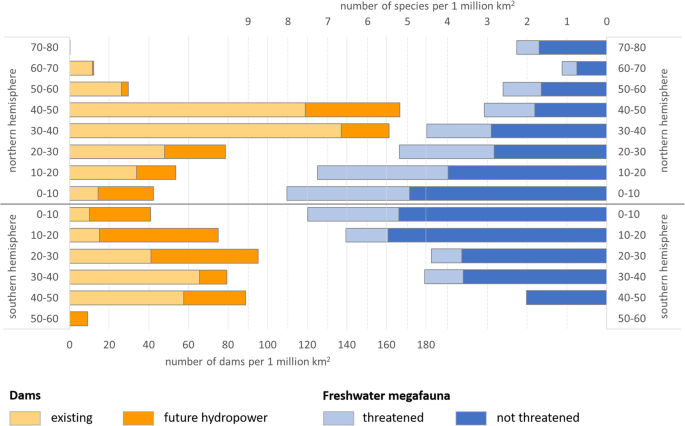
- Select a language for the TTS:
- UK English Female
- UK English Male
- US English Female
- US English Male
- Australian Female
- Australian Male
- Language selected: (auto detect) - EN
Play all audios:
CURRENT NEGOTIATIONS BETWEEN SUPERMARKETS AND DISTRIBUTORS OVER PRICE CHANGES ARE SET TO END THIS WEEK BUT NOT ALL AGREEMENTS HAVE BEEN FINALISED Confectionary lovers may have noticed a
recent absence of some of their favourite items, including Mars bars, from French supermarket shelves . Major retailer Intermarché has temporarily stopped stocking products from the Mars
group as negotiations over new prices set to come into force this spring have reached a stalemate. “The Mars group has decided not to supply us anymore, because we want to negotiate their
unjustified price increase” reads a sign in front of empty shelves in some stores. Certain distributors cut deliveries by up to 30% to some supermarkets, putting pressure on them as
deadlines on price negotiations fast approach. WHAT ARE THESE NEGOTIATIONS? Nationwide negotiations are taking place between major supermarkets and distributors of all sizes over tariffs
for the upcoming months. These tariffs are paid by supermarkets to distributors for products, but ultimately affect the price of products on store shelves. Supermarkets are looking to pay
less – hoping to pass this reduction onto consumers and entice them to purchase more – whereas distributors are looking to increase prices. Manufacturers are aiming to raise prices by
between 6% - 8% according to French media outlet Capital, supermarkets are looking for discounts of between 3% - 15%. It is the first time in years that supermarkets are looking to cut
distribution costs, as purchasing power in French households remains mostly stable / weak despite falling inflation. These negotiations must be completed by March 1 according to government
regulations. If deals are not finalised by that date a mediator is appointed to resolve the issue. No agreement may lead to more products being absent from shelves, particularly from major
international brands, at least until mediators finalise new deals. SMALLER SUPPLIERS COMPLETE NEGOTIATIONS BUT POTENTIALLY AT A COST Negotiations between supermarkets and smaller
distributors have been largely successful. Around 80% of the necessary agreements had already been successfully concluded with small-to-medium sized businesses by February 19, according to
the Finance Ministry. However, less than half of those between supermarkets and major suppliers were finished by this date. “Supermarkets are going to try to recover from the [smaller
businesses] the margins they have lost with the big manufacturers,” said economist Gaëlle Pantin-Sohier to media outlet TF1. “The supermarkets know that their bargaining power is stronger
with them and they…try to negotiate the lowest prices with SMEs (small and medium-sized enterprises), which they cannot do with the big industrialists,” she added. WHAT ELSE CAN CONSUMERS
EXPECT? Passing price increases onto consumers runs the risk of decreased spending from them. It is expected that the price of staple wheat-based goods such as bread and pasta will fall
due to the negotiations. However, costs for chocolate, orange juice and coffee are all set to rise, as global conditions raise the price of the raw materials needed to produce these. Read
more: How lower inflation rate is affecting food prices in France The prices of other popular products such as yoghurt are still to be determined as negotiations continue.









